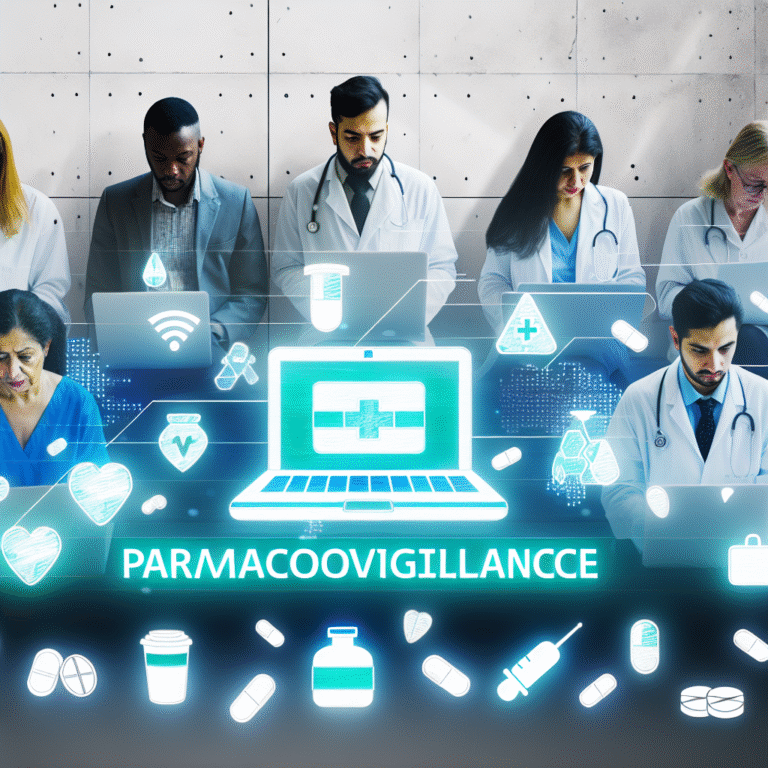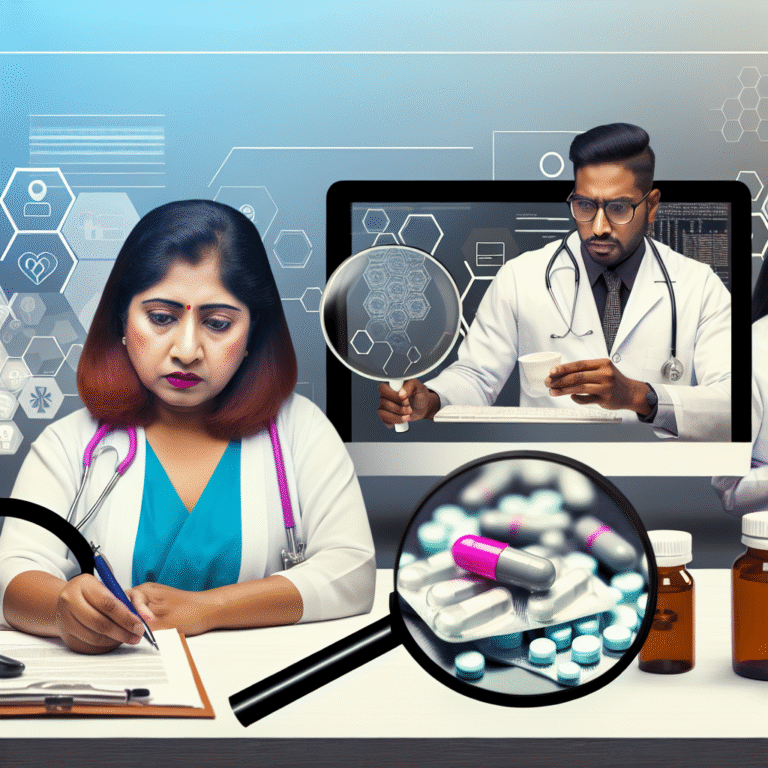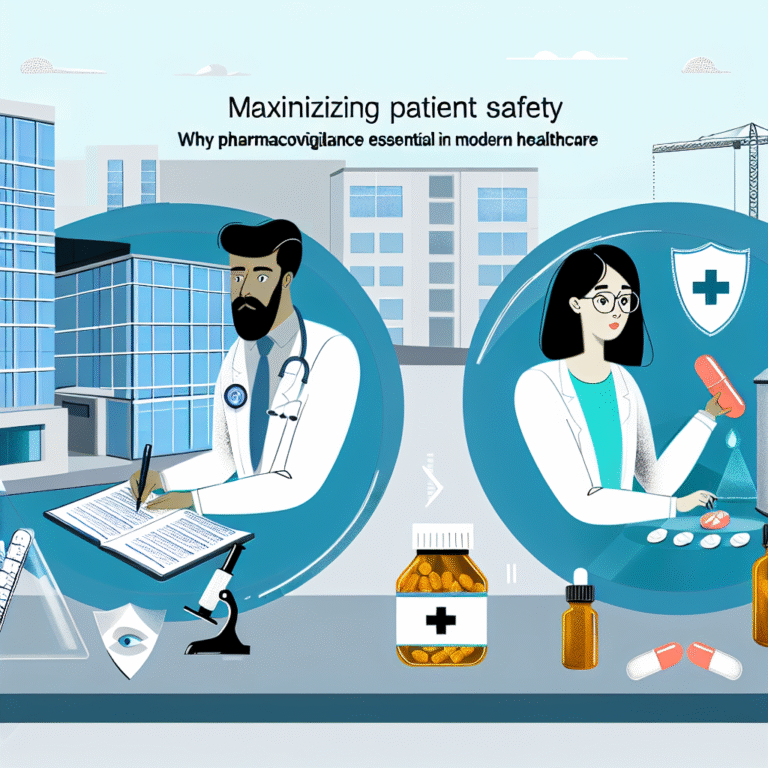How to Become a Pharmacovigilance Specialist: Career Pathways and Online Courses
Title: How to Become a Pharmacovigilance Specialist: Career Pathways and Online Courses
Introduction
Pharmacovigilance is very important because it helps keep medicines safe and effective. It involves looking at and preventing any bad effects from drugs. A Pharmacovigilance Specialist is a person who helps make sure medicine is safe and that people don’t have unexpected problems from taking drugs. This post will help you learn how to become a Pharmacovigilance Specialist and what online courses can help you. This career is important because it helps make sure medicines are safe for everyone.
Understanding Pharmacovigilance
Pharmacovigilance is the science and activities that help find, understand, and prevent bad effects or other problems with drugs. If you become a Pharmacovigilance Specialist, you would do things like:
1. Watch and check for bad effects from drugs.
2. Make sure safety information about drugs is reported quickly and correctly.
3. Work with doctors and other experts to make drug safety better.
What Pharmacovigilance Specialists do is very important. They help stop mistakes with medicines and reduce harm from bad reactions to drugs. They also help make sure medicines are used safely.
Career Pathways to Becoming a Pharmacovigilance Specialist
1. Educational Background
To start your career in pharmacovigilance, you need the right education. This usually means getting a degree in:
– Pharmacy
– Life Sciences
– Medicine
It helps to study more in areas like Pharmacology or Clinical Research. Getting special certifications in pharmacovigilance or drug safety also makes finding a job easier.
2. Skills and Competencies
Then, you need key skills for success in this field:
– Analyzing safety data.
– Being very detailed to report accurately.
– Having strong communication skills to work well with healthcare providers.
– Understanding rules and guidelines to follow them properly.
3. Gaining Experience
Having practical experience is very important in this career field. You can get this by:
– Doing internships in pharmacovigilance within drug companies or agencies.
– Starting in entry-level roles to learn the basics of drug safety monitoring.
– Volunteering to build skills and gain hands-on knowledge.
4. Career Advancement
As you gain more experience, more opportunities will open up:
– Move to higher roles like Senior Pharmacovigilance Specialist or Manager.
– Network with professional groups to grow your chances.
– Keep up with trends and new practices for ongoing growth.
Online Courses to Enhance Pharmacovigilance Skills
Taking online courses can really boost your knowledge and skills. Here are some options:
1. Introductory Courses
– Basics of pharmacovigilance.
– Learning about drug safety assessment.
– Understanding regulatory requirements.
2. Intermediate Courses
– Learning how to detect signals and manage risks.
– Techniques for reporting bad events.
– Training on special software tools for pharmacovigilance.
3. Advanced Courses
– Studies on regulatory affairs for pharmacovigilance.
– Learning how to assess risks vs. benefits.
– Global rules and standards for pharmacovigilance.
4. Industry-Recognized Certifications
Think about getting certifications to show off your skills. Find online places offering good pharmacovigilance programs, like the Drug Safety Associate or the Professional Diploma in Pharmacovigilance.
Networking and Professional Development
Building a professional network and joining learning opportunities is important:
– Join professional groups like ISoP (International Society of Pharmacovigilance) to meet others.
– Attend webinars and conferences to learn about the latest updates.
– Join online groups to share experiences and knowledge.
Challenges and Rewards of a Pharmacovigilance Career
Even though being in pharmacovigilance is rewarding, it has its challenges:
– Managing different safety data can be complicated.
– Balancing work while paying attention to details.
– Understanding changing regulatory rules.
However, the benefits are great because you help keep medicines safe and protect people’s health.
Conclusion
Becoming a Pharmacovigilance Specialist requires education, skills, and gaining experience. This career is important in the healthcare industry, specifically in drug safety and public health. As you start this journey, remember how important it is to keep learning in pharmacovigilance and use resources like Pharmacovigilance Foundations to stay updated and connected.
Additional Resources
To learn more about pharmacovigilance, you can check resources from the WHO and the European Medicines Agency. Look at online courses on sites like Coursera, FutureLearn, and Udacity for specialized training. Joining professional networks is also great for building your career.






